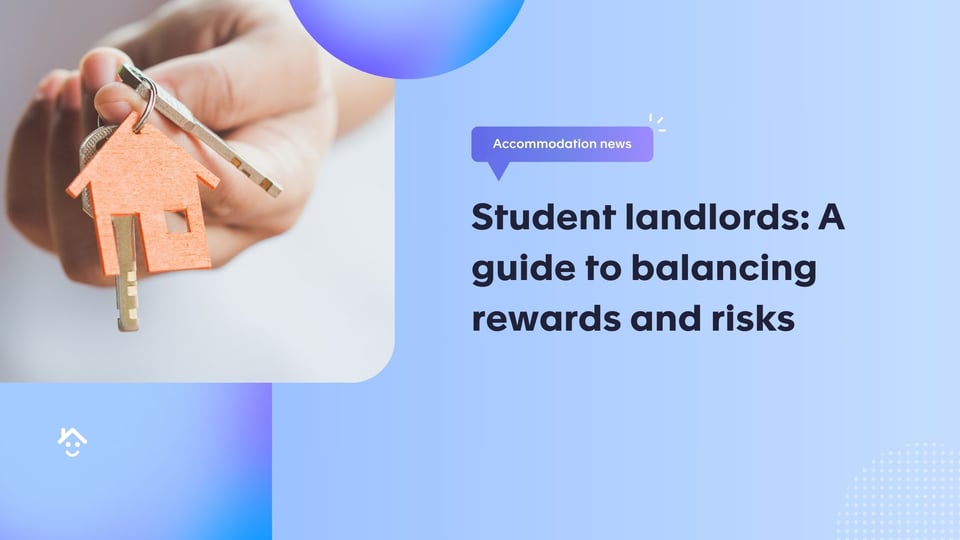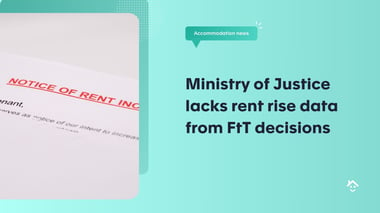As the new academic year approaches, there will be many private landlords considering renting to students.
While this can be a lucrative market, it also comes with unique challenges.
To help landlords navigate this sector, the National Residential Landlords Association (NRLA) has teamed up with YourRepair to offer dedicated landlord cover plans.
The firm offers these tips and advice.
The upsides of student tenants
One of the biggest advantages of renting to students is the level of consistent demand found in university towns, it says.
This translates to a reliable income stream and predictable tenancy periods that usually align with the academic year.
Also, group tenancies can increase rental yields and reduce the risk of missed payments.
International students often pay rent upfront, providing student landlords with a financial safety net.
The downsides of student tenants
However, renting to students is not without its challenges, the firm cautions.
It says that higher wear and tear is common due to the younger demographic and potential lack of maintenance experience.
Rental arrears and guarantor issues can also arise, especially for students without UK-based guarantors.
Also, shorter tenancy periods during the summer months can lead to temporary income gaps.
Catering to student needs
To attract and retain student tenants, landlords should look for accommodation close to the students' campus, look at affordability, all-inclusive bills, furnished properties and safety and security.
The firm's Mark McAuley says: "Renting to students can be highly profitable, but it requires careful management to address the associated challenges."
In-depth student guide
Total Landlord Insurance has also issued an in-depth student guide that looks at the reasons why student property is a good investment.
It says that is the case when landlords invest in the right location and manage them effectively.
Along with high demand, landlords also enjoy predictable rental cycles and - potentially - higher yields.
The guide also highlights issues with higher maintenance costs, marketing the property every year to find student tenants and then managing the property is more involved, particularly dealing with noise and damage.
The right student accommodation location
However, the guide also points to investing in the right student accommodation location which means near to universities with good transport links.
Landlords also need to provide high-quality furniture and appliances that students expect and understand the specific rules and regulations for HMOs.
Communication with student tenants is also more important but carrying out diligent research and being prepared for the challenges involved is key.
Renting to students
Simon Thompson, the managing director of Accommodation for Students, said: "Renting to students offers a unique opportunity for landlords to capitalise on a steady demand.
"However, it's essential to be prepared for the potential challenges and take proactive steps to protect your investment.
"By understanding student needs and implementing effective management strategies, landlords can create a successful and rewarding rental experience."
He added: "Though, as both guides highlight, being a student landlord is probably more involved than most people realise with a range of issues to deal with, but the financial rewards should make that worthwhile."




